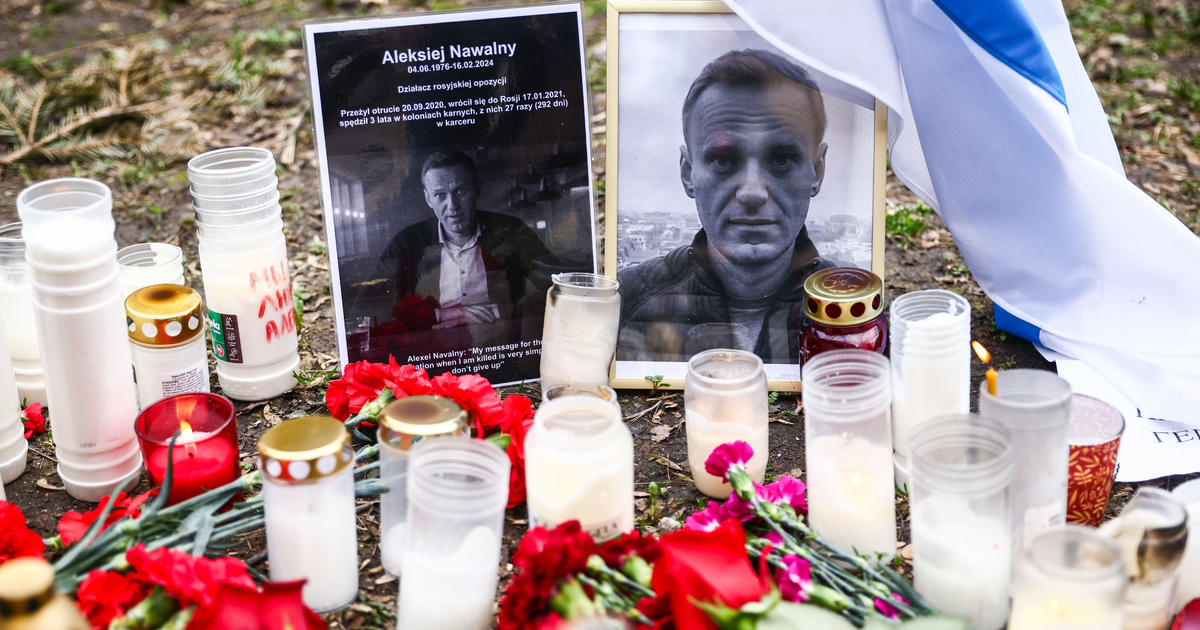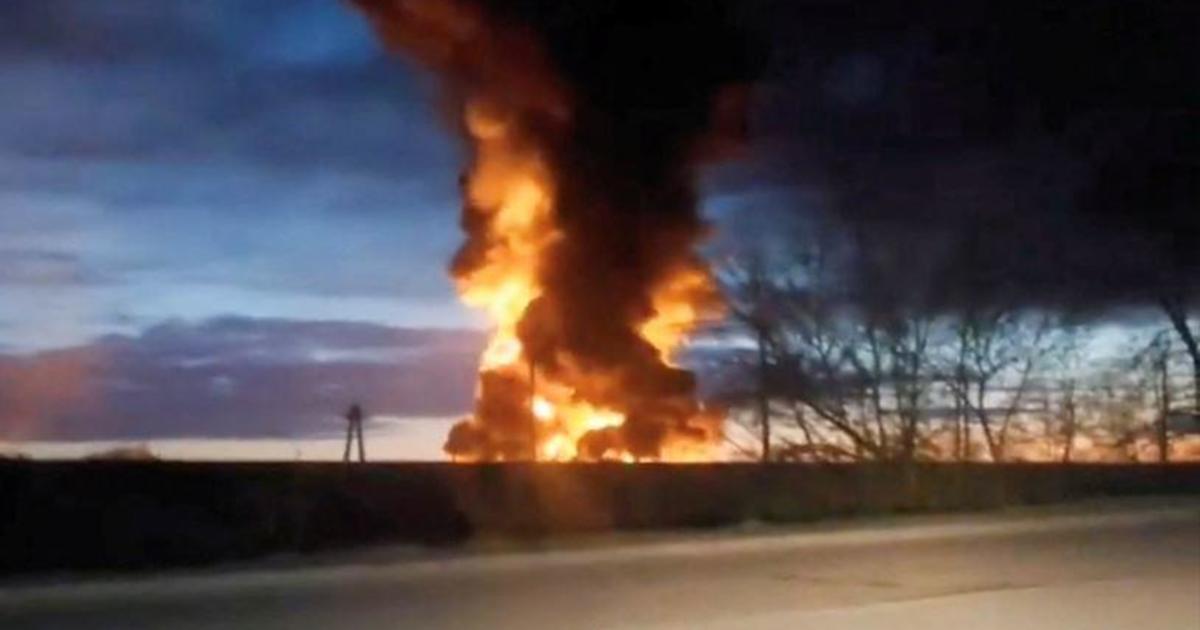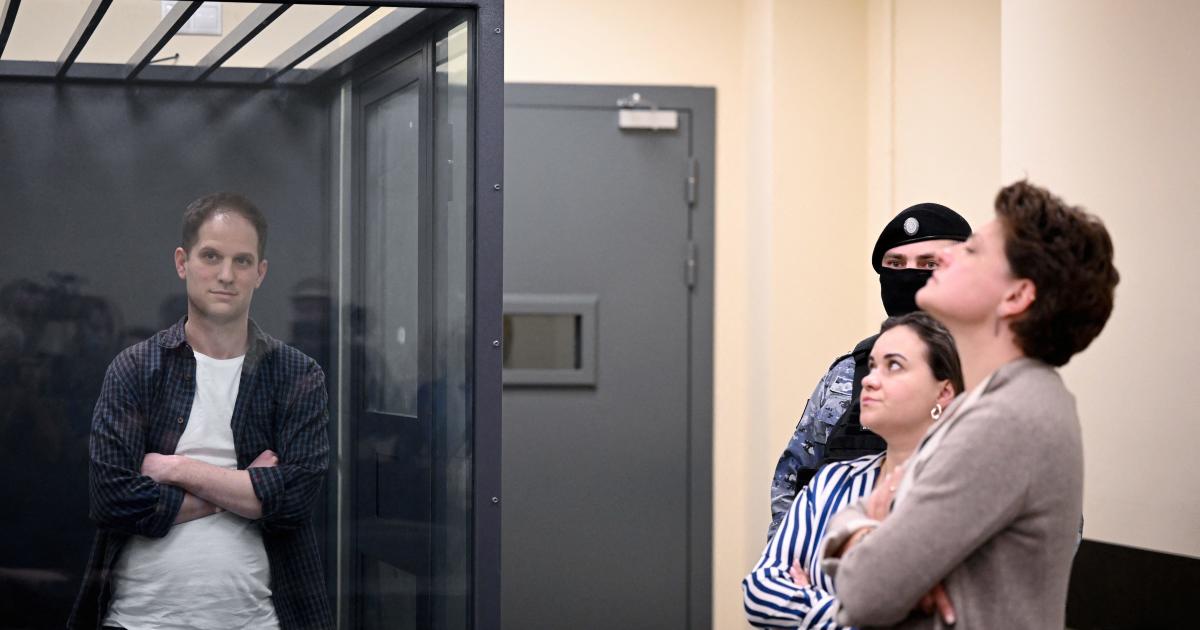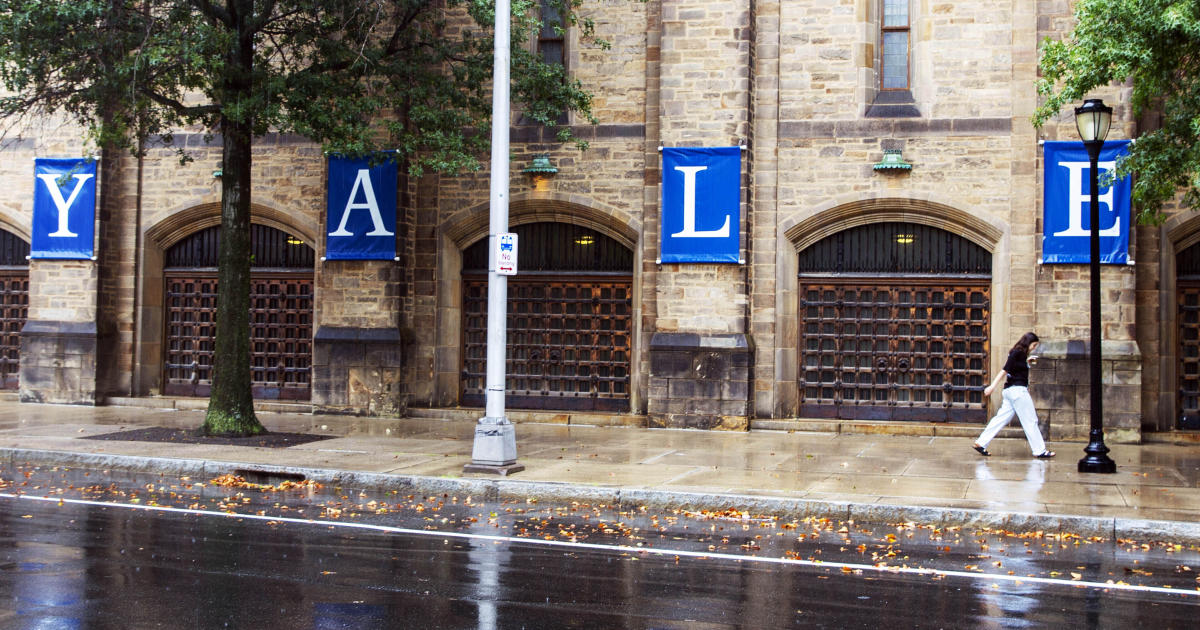Russian opposition leader Navalny moved to prison hospital as doctors warn he could "die within several days"
Moscow – Jailed Russian opposition leader Alexey Navalny, who's been on a hunger strike for more than two weeks to demand proper medical care, has been transferred to a prison hospital, officials said on Monday. The move came after a warning over the weekend from the United States that Moscow would face "consequences" if the prominent Kremlin critic were to die in custody.
Britain, France, Germany and the European Union also expressed serious concern over the politician's condition after Navalny's doctors said he would "die within several days" if not given urgent medical treatment.
His physician said on Saturday that test results provided by the prison health service showed Navalny's potassium levels were "catastrophically high," which, the doctor said, indicated a real and possibly imminent danger of kidney failure and possible cardiac arrest.
Speaking to CBS News correspondent Charlie D'Agata, Navalny's friend and fellow anti-corruption campaigner Vladimir Ashurkov said it was now a "life and death" situation, "and the doctors that usually observe them, when they saw the results of the tests, they said it's a matter of days."
The prison service said in a statement on Monday that Navalny would be transferred to a hospital for convicts in another penal colony in the same region where he's been incarcerated for weeks, about 60 miles northeast of Moscow. Officials described his condition as "satisfactory" and said he had agreed to undergo vitamin therapy.
Navalny's lawyers said they were trying to visit their client but couldn't get access as of Monday afternoon.
Navalny is in the third week of his hunger strike, announced in protest after he was refused access to his independent doctor when he started feeling numbness in his legs and severe back pain.
President Joe Biden called his medical treatment "totally unfair and totally inappropriate," while U.S. national security adviser Jake Sullivan told CNN there would be "consequences if Mr. Navalny dies," and Russia would be "held accountable by the international community."
Sullivan didn't elaborate, but as D'Agata noted, the Biden administration has already hit Russia with new sanctions over the alleged poisoning of Navalny and his imprisonment.
Putin's government has repeatedly denied any role in Navalny's poisoning, and dismisses warnings over the Kremlin critic's treatment as meddling in Russia's internal affairs.
Alarmed by his deteriorating health, Navalny's allies have called for nationwide rallies on Wednesday evening — the same day on which President Vladimir Putin is scheduled to make his annual state of the nation address in Moscow.
Navalny was sentenced earlier this year to two and a half years in prison for violating the terms of a previous suspended sentence. He was arrested in January soon after his return to Moscow from Berlin, where he spent five months recovering from severe poisoning with the Soviet-era nerve agent Novichok.
His arrest led to a series of nationwide anti-Putin protests in January, with thousands of people being arrested.
The police issued a statement on Monday warning Russians against participation in the unauthorized street demonstrations. The warning said any "attempts to provoke clashes with law enforcement officials will be regarded as a threat to public safety and immediately suppressed."
The warning was echoed by Kremlin spokesman Dmitry Peskov, who said any unsanctioned rally would be considered illegal by the authorities.
One of Navalny's key allies, Vladimir Milov, announced on Sunday that he had left Russia for Europe over fears of being arrested after, last week, prosecutors asked a court to designate Navalny's anti-corruption foundation, FBK, and its regional branches as extremist organizations.
If the court rules in favor of the prosecutors, it would outlaw the organization on Russia's territory and make anyone who worked for it subject to prosecution.



